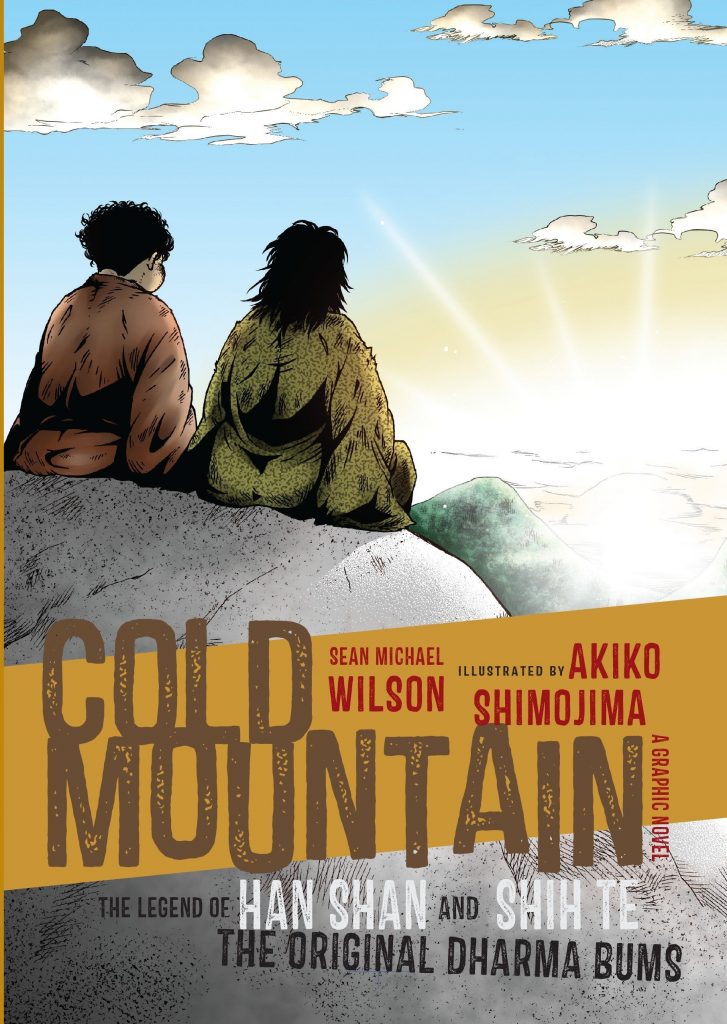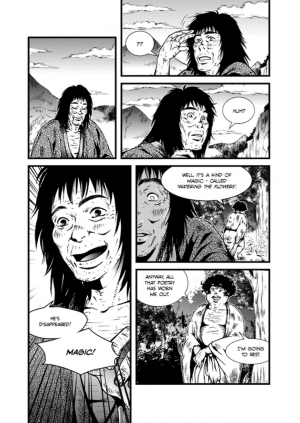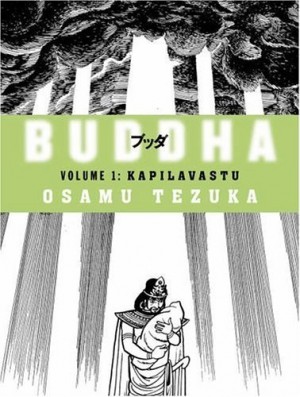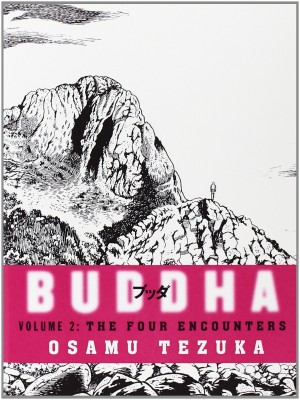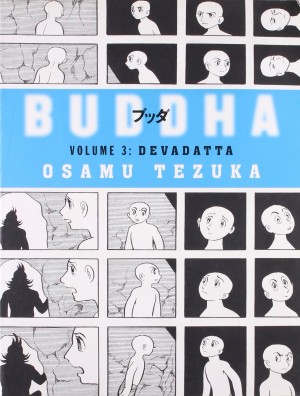Review by Frank Plowright
Han Shan renamed himself after the mountain where he spent a considerable portion of his life, accompanied by Shih Te, and well over 1400 years since they lived, the poems attributed to them are still regarded as among China’s greatest. As Buddhist culture has spread, so have their reputations internationally.
It’s the poems that survive, and almost all biographical details about their creators are of dubious provenance, with even incidents mentioned in the poems not necessarily a source of biographical experience. The greater likelihood is that an introduction to the first printed edition of the poems attributed to Luqiu Yin (here Lu-Ch’iu Yin) from where the details came is also fictional, created to add myth to the writings.
Sean Michael Wilson takes Yin’s introduction as a source, but doesn’t seem to embellish beyond it, which is why this is subtitled The Legend of Han Shan and Shih Te, rather than being considered a biography. The essential aspect is what the poets left behind, not who they were, so the inclusion of the poetry is welcome, shown inscribed on rocks as it supposedly was hundreds of years ago. It’s thoughtful about the human condition and still relevant. The scenes built around the poems show a couple of eccentrics who live a simple life in harmony with the land. However, as far as organised Buddhism is concerned, they have little respect, irreverently teasing monks and disrupting their activity.
Despite an iconic status, much about Han Shan, or at least his legend as presented, is questionable to Western eyes. How should we accept a man who espouses Buddhist principles yet according to this account left his wife and young child in extreme poverty almost on a whim, in order to pursue a life of spiritual isolation?
Akiko Shimojima draws the two lead characters as amiable idiots, with everyone around them portrayed with a greater dignity. The art is kept simple, but there’s a lot of effort evident, with a great affinity for nature, both creatures and scenery beautifully drawn. The same page of a large rock is used for almost all the poems, and because the poems are the focus it’s not at first evident how nicely the page is drawn, with shading from nearby trees and effort made to draw the grass around the rock. The temple buildings are also fully detailed despite only being used in small panels.
Wilson’s picked the poems featured on rocks astutely, as they’re more ethereal, so would be more difficult to illustrate in the final section, which is dedicated to presenting the poems. Almost all the commentary is still relevant, but it’s more apparent in poems drawing attention to the hypocrisy of those living comfortably in a society with great wealth disparity. Others are just commentary on the state of being, and some are allegorical, with the illustrations shining the light.
Cold Mountain isn’t for everyone, but should appeal to anyone with an interest in philosophy, spirituality and poetry.
